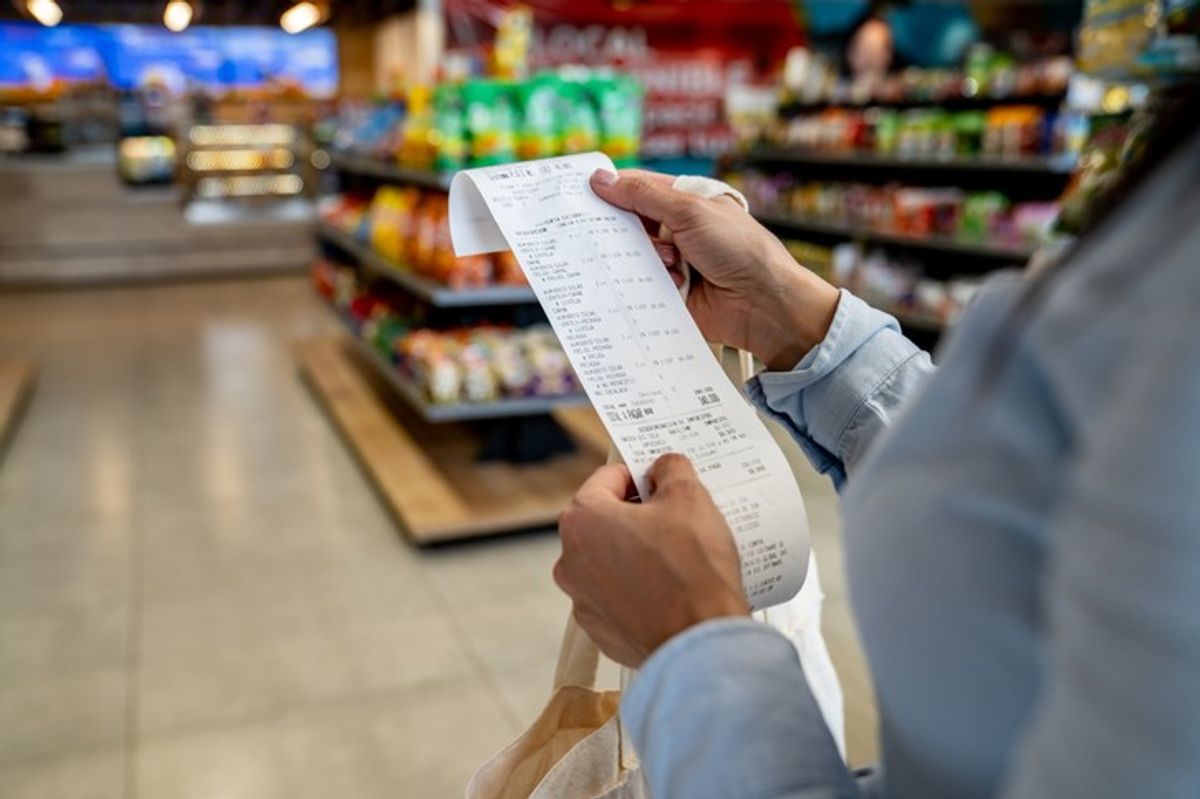Rise in the prices of breakfast items combined with climbing global coffee cost pushed the food inflation in February to 2.1 per cent against 1.6 per cent in January, shows recent data as prices are expected to rise higher in the coming months, touching up to 4 per cent.
According to shop price inflation data released by British Retail Consortium (BRC) today (4), shop price inflation was unchanged at -0.7 per cent year on year in February, against a decline of -0.7 per cent in January.
Non-Food inflation decreased to -2.1% year on year in February, against a decline of -1.8 per cent in January. This is above the 3-month average of -2.1 per cent.
Food inflation increased to 2.1 per cent year on year in February, against growth of 1.6 per cent in January. This is above the 3-month average of 1.8 per cent. Fresh Food inflation increased to 1.5 per cent year on year in February, against growth of 0.9 per cent in January. This is above the 3-month average of 1.2 per cent.
Ambient food inflation increased to 2.8 per cent year on year in February, against growth of 2.5 per cent in January. This is above the 3-month average of 2.7 per cent.
Commenting on the figures, Helen Dickinson, Chief Executive of the BRC, said, “While shop prices remained in deflation in February, prices on the month saw the biggest increase in the last year.
"Breakfast, in particular, got more expensive as butter, cheese, eggs, bread and cereals all saw price hikes.
"Climbing global coffee prices could threaten to push the morning costs higher in the coming months.
"In non-food, month on month prices rose as January Sales promotions ended, especially in electricals and furniture. But discounting is still widespread in fashion as retailers tried to entice customers against a backdrop of weak demand."
Dickinson added that inflation will likely rise across the board as the year progresses with geopolitical tensions running high and the imminent £7bn increase in costs from the Autumn Budget and the new poorly designed packaging levy arriving on the doorsteps of retailers.
"We expect food prices to be over 4 per cent up by the second half of the year. If Government wants to keep inflation at bay, enable retailers to focus on growth, and help households, it must mitigate the swathe of costs facing the industry.
"It can start by ensuring no shop ends up paying more than they already do under the new business rates proposals, and delaying the new packaging taxes.”
Mike Watkins, Head of Retailer and Business Insight, NielsenIQ, said, “With many household bills increasing over the next few weeks, shoppers will be looking carefully at their discretionary spend and this may help keep prices lower at non-food retailers.
"However, the increase in food inflation is likely to encourage even more shoppers to seek out the savings available from supermarket loyalty schemes.”


